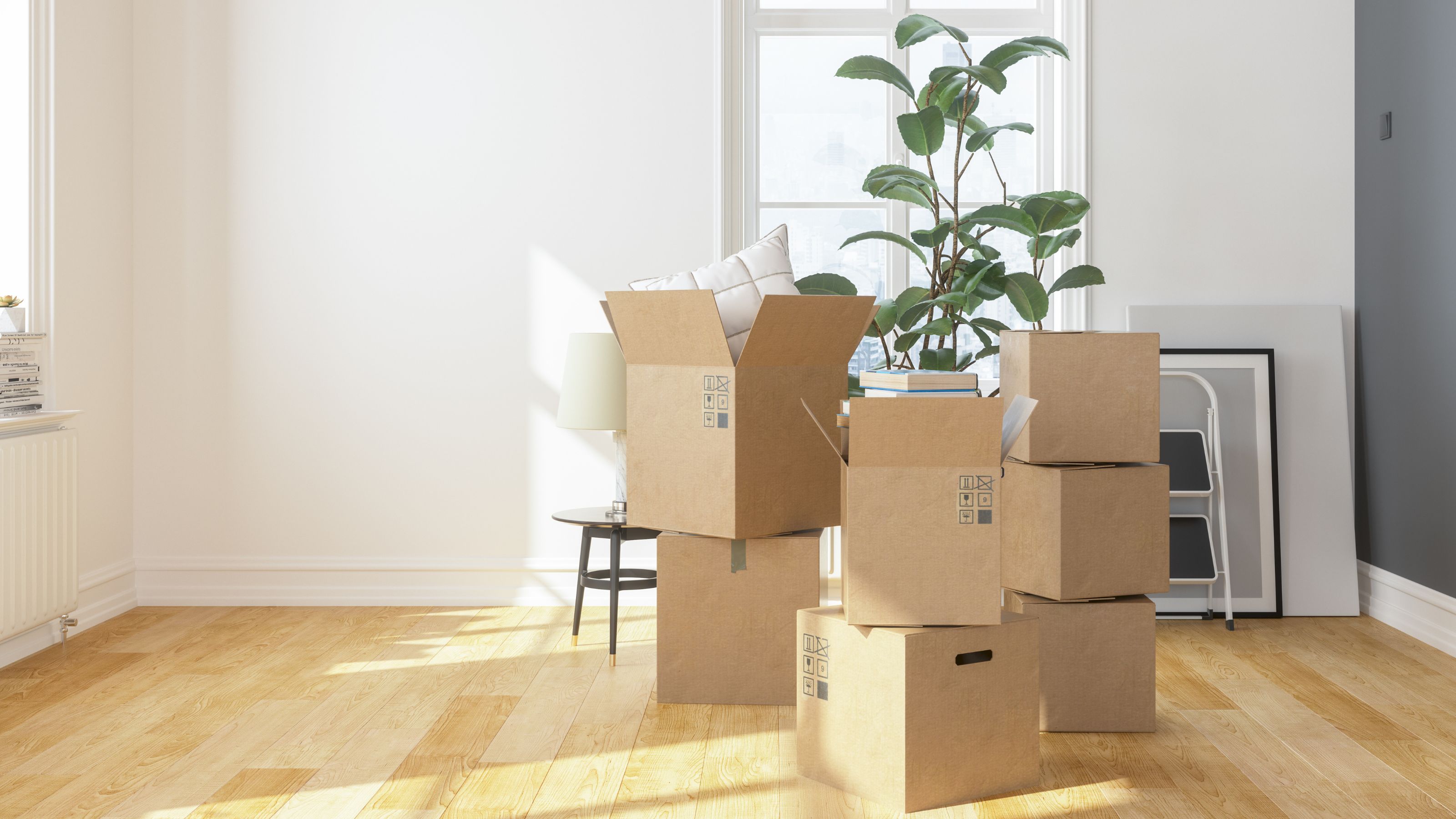
Whether it’s market conditions, budget, or the time of year, finding the right apartment can be incredibly frustrating. It’s also a multi-step process. There’s the initial search. Even if you begin by looking online — it's easy to find yourself up late at night sorting through listings, searching through classifieds, and sending out inquiries all trying to find that perfect first apartment.
All of this can be exhausting. Then there’s the physical aspect of getting out there and doing the legwork — meeting with landlords and leasing agents — seeing beautiful places and likely some less-than-desirable ones as well.
When you finally find the right place, there’s often a lot of paperwork like applications, some of which may feel a little bit invasive.
However, there are lots of ways to streamline the process, ensuring you not only find the right home but also don’t lose it to another prospective tenant. Find everything from your dream loft to a cozy studio apartment.
Here are ten apartment-hunting tips that you’ll definitely want to screenshot.
START BY SEARCHING ONLINE
Moving into your first apartment? Even if you aren’t quite ready to move, it can’t hurt to go online to get an idea of what’s out there explains Broker Jacqueline Kurtz of Coldwell Banker Warburg. “It’s good to start looking online to get a sense of the market," says Kurtz. "You can save searches for what you are looking for and also save specific buildings that you like.”
MAKE A LIST OF PRIORITIES
Before you begin your search, Broker Mihal Gartenberg of Coldwell Banker Warburg recommends making a list of priorities. “A first-time renter needs to consider what is most important to them within their budget — location, size, and amenities. The popular locations will be the most expensive on a price-per-square-foot basis,” Gartenberg says.
“Renters can find larger apartments in less popular areas. Amenities can include everything from a doorman to an elevator to a gym. So what is most important to you? Answering this basic question will help narrow down the search considerably.”
WORK WITH A BROKER OR AGENT
If you’re in a major city, the market can be very competitive. Working with a broker or agent, especially if you must relocate for a job or another reason may make this process much easier explains broker Adjina Dekidjiev of Coldwell Banker Warburg, “Ask your network to recommend a trusted real estate broker who knows the market well and has relationships with owners; this will save you a lot of legwork and time, and although you very often have to pay a fee, it's worth it in the long run.”
Agent Robert Elson of Coldwell Banker Warburg also advises working with a broker because they have market knowledge that can help you not only find the right place but also help assure the application goes through. “Only they will have the depth of knowledge and experience to advise you on the neighborhood you’re interested in. If you see something you like, do not hesitate. In the rental market, if you do not move quickly, you can just as quickly find yourself without a property to rent,” Elson says.
READ THE REVIEWS
If you’re moving into a large apartment complex, don’t be afraid to Google the address or name of the complex and read the reviews. If several recent reviews note the same issues over and over again, such as problems with vermin, thin walls, or unresponsive maintenance staff, it’s probably true. If you find the right place, living in an apartment can be better than moving into a house.
DO A FINAL WALK-THROUGH BEFORE YOU SIGN THE LEASE
No matter what your budget is, it's rare a landlord will deliver an apartment in perfect condition. There may be a dead outlet or two, a dripping sink, or a light fixture that needs to be repaired.
These things can be nuisances to deal with after you move in. So, it’s in your best interest to make sure there aren’t any major problems before you pay your security deposit or sign any paperwork.
CHECK THE RULES
Checking the building’s rules is crucial before you sign a lease. For example, if you’re a smoker, moving into a non-smoking building means you must go outside to smoke. Ask yourself if you really want to do that. There may also be rules about guests, subletting, and noise.
READ YOUR LEASE
While leases can be really lengthy documents, it’s crucial to read your lease before signing anything. This can come back to haunt you later.
For example, if access to a laundry room isn’t in your lease and the landlord decides to close the laundry room for renovations or another reason — you’ll end up spending a lot of time at the laundromat and there will be zero recourse.
CHECK YOUR CREDIT SCORE
Before you start the apartment hunting process, it’s a smart idea to check your credit score. If you have good credit, it puts your rental application at an advantage compared to those with lower scores “Ensure you don't have high balances, and make monthly payments on time,” says Dekidjiev.
COLLECT YOUR PAPERWORK IN ADVANCE
Things move fast in most markets, so it’s crucial to be prepared and ready to submit an application as soon as possible. “First-time renters and younger apartment hunters would be to get all paperwork ready so you can apply to an apartment quickly and not lose out to someone who has all of their documents ready,” says Kurtz.
Broker Ellen Sykes of Coldwell Banker Warburg recommends gathering your pay stubs and bank statements for at least the most recent two months. “Then get together your tax returns for the last year, locate your driver's license so you have it with you, and get a letter from your employer saying how long you have been employed and at what salary.”
The landlord may request copies of these documents and you don’t want to scramble.







